President Barack Obama will host a bilateral meeting with Prime Minister Yousaf Raza Gilani, who will represent Pakistan at next week's Nuclear Security Summit, the White House said on Tuesday. The two leaders are expected to discuss bilateral co-operation in wide-ranging areas including economy, trade, security and energy, Pakistani officials told APP.
The meeting between the Pakistani Prime Minister and the US leader takes place in the backdrop of vastly improved relations between the two allies, striving to overcome the challenge of militancy in the region. "Pakistan-US relations have a new positive momentum since the recent strategic dialogue and we hope to build further momentum during the meeting between President Obama and Prime Minister Gilani on the sidelines of the Nuclear Summit next week," Islamabad's Ambassador to the United States Husain Haqqani said. He also noted the fact that "Pakistan and the US are now two democracies forging a strategic partnership."
The Pakistani ambassador was referring to progress made at last month's key talks between the two nations when Foreign Minister Shah Mahmood Qureshi and Secretary of State Hillary Clinton led high-profile and first ever ministerial-level Strategic Dialogue, which was also attended by Defence Minister Ahmed Mukhtar, Pakistani army chief General Ashfaq Parvez Kayani and US Defence Secretary Robert Gates and Chairman Joint Chiefs Admiral Mike Mullen besides senior officials from several departments of both the countries. The strategic dialogue focused on transforming the bilateral ties into a long-term partnership.
Pakistan military's stepped up anti-militant operations - which have a widespread political and public backing under the democratic government led by President Asif Ali Zardari and Prime Minister Gilani as well as Islamabad's co-operative security efforts against militants operating on the Afghan border have brought the country tremendous international appreciation.
In recent months, Washington has also expressed its willingness to address Pakistan's legitimate security concerns in the region, where US led international forces rely on Pakistan's support to stabilise the restive Afghan border region. According to the Wall Street Journal, President Obama recently issued a directive to top administration officials on launching diplomatic efforts towards improving Pakistan-India relations, which are widely seen as critical to achieving a successful outcome of the Afghan mission and establishing broader stability in South Asia.
Commenting on the improved scenario, a report in the Financial Times noted that Pakistan's clout is increasing in Washington as Islamabad gains firmer footing in dealing with current regional challenges. Ahead of the summit, President Obama has voiced confidence in the safety of Pakistani strategic assets.
White House Press Secretary Robert Gibbs said on Tuesday that top leaders from 47 countries will attend the summit. They include Algeria, Argentina, Armenia, Australia, Belgium, Brazil, Canada, Chile, China, the Czech Republic, Egypt, Finland, France, Georgia, Germany, India, Indonesia, Israel, Italy, Japan, Jordan, Kazakhstan, Malaysia, Mexico, Morocco, Netherlands, New Zealand, Nigeria, Norway, Pakistan, Philippines, Poland, the Republic of Korea, the Russian Federation, Saudi Arabia, Singapore, Switzerland, South Africa, Spain, Sweden, Thailand, Turkey, United Arab Emirates, the United Kingdom, Ukraine and Vietnam. The United Nations, the IAEA, and the European Union will also be represented at the summit, which seeks to strengthen non-proliferation regime and security of nuclear materials.
BR100
15,235
Increased By
150.4 (1%)
BR30
44,824
Increased By
812 (1.85%)
KSE100
149,971
Increased By
1353.3 (0.91%)
KSE30
45,655
Increased By
407.2 (0.9%)


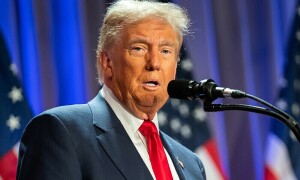


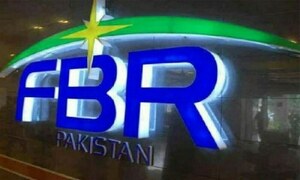
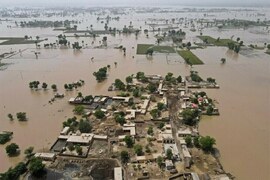







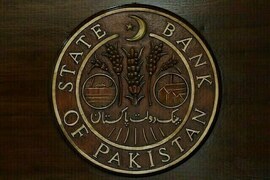
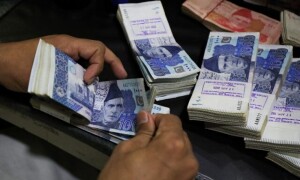






Comments
Comments are closed.